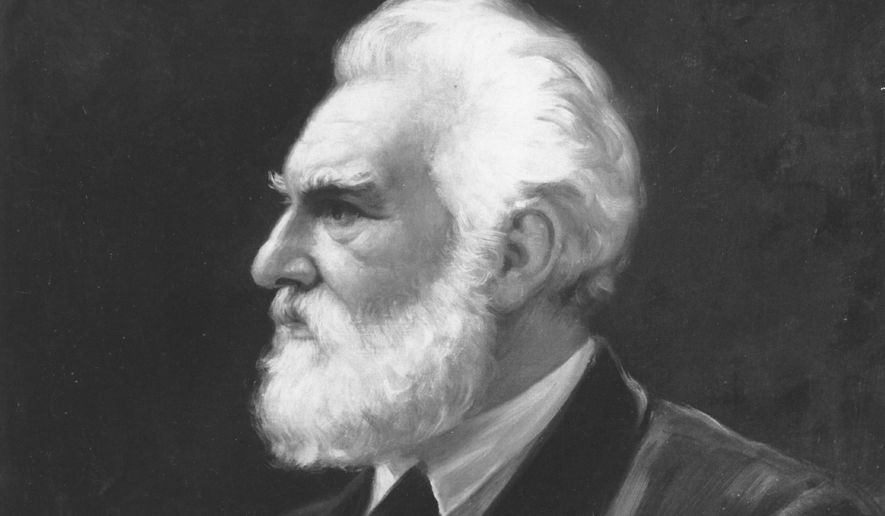Individual inventors are asking Congress to defeat H.R. 9 the Innovation Act. Yet, the House Judiciary Committee appears determined to put an end to the American inventor while refusing to hear from the very inventors that are impacted by its legislation. In the last few weeks, the Judiciary Committee held hearings on H.R. 9. Inventors see this bill as the final nail in their coffin, a concerted effort of unscrupulous corporations to destroy the U.S. Patent System. Yet House Judiciary Chairman Robert Goodlatte stacked the hearings with companies who want to take ideas from patentees without paying. Only a single small company that relies on patent protection was called to testify.
The current legislation, along with its predecessor bill, the American Invents Act (AIA) passed in 2011, are both designed to weaken the U.S. Patent System. The AIA put a heavy burden on the American economy, diminishing the value of the average patent by more than 66 percent. Where an average patent was worth about $100,000 in 2010, after the implementation of AIA, the average price of a U.S. patent dropped to $30,000. (It costs $20,000 to obtain a patent). For independent inventors who make their living creating new products and features, the impact has been devastating. Many lost their businesses as large companies took their patented ideas without paying. And many more lost their patents to a proceeding called an Inter Partes Review (IPR), a patent death squad created by the AIA legislation.
To use an analogy, this is similar to the buyers of stolen cars arguing with the government to invalidate the titles to automobiles. Caught with a hot car in their hands, these companies are arguing that the real owner’s title is not valid. And the House Judiciary committee only wants to hear from the thieves, inviting only one “car owner” to the hearing.
For a large company today, there is almost no incentive to respect patents. In the past decade, the courts have made it virtually impossible to get an injunction; thus nearly impossible to stop a company using a patented invention. In our auto analogy, the car owner can no longer prevent the thief from driving the stolen car.
Our modern courts have decided that the infringing companies need only pay a reasonable royalty for the patents they use. In auto terms, the thief must only pay the blue book value for the car he stole. This means that the worst case the thief must pay retail price as a penalty, if he gets caught.
And yet, the thieves are arguing to Congress that it is unfair that they have to pay even that minimum amount. The tactic in the AIA legislation was to set up an administrative proceeding to invalidate any patent that the infringing companies did not like. The IPR proceeding, as it is called, takes 83 percent of the patents away from their rightful patent owners. In the auto analogy, this means that if your car is stolen and you catch the thief, he has an 83 percent chance of revoking your title to your car.
But even this is not enough for the patent thieves. Not satisfied with the ability to take away almost every patent from inventors, their congressional allies are now bullying H.R. 9 through Congress, to further punish the inventor who put his money, time, and brainpower into creating new products for the American consumer. This bill allows the thief, if he wins in court, to also take an inventor’s house and retirement away to pay the corporation’s legal bills.
And the House Judiciary Committee is intent on passing H.R. 9 without giving all sides a chance to speak. The hearings lawmakers held included testimony from a number of large companies who benefit from weak patent protection, and only one small company that relies on a patented invention. Goodlatte called no one from the individual inventor community. No one from the university research community. No licensing executives, no patent litigators, no angel investors, and not even a patent enforcement company, the supposed target of this legislation. This is as if Congress only wanted to hear from car thieves and their customers, and ignored the car owners, manufacturers, dealers, and auto mechanics as they debated a law outlawing automobile titles.
As an inventor on 19 U.S. patents, I am deeply troubled that the House Judiciary Committee is more concerned about corporations that want to knock off my inventions than my rights as an owner of my intellectual property.
Richard Baker is the president of New England Intellectual Property LLC and a member of Entrepreneurs for Growth.




Please read our comment policy before commenting.